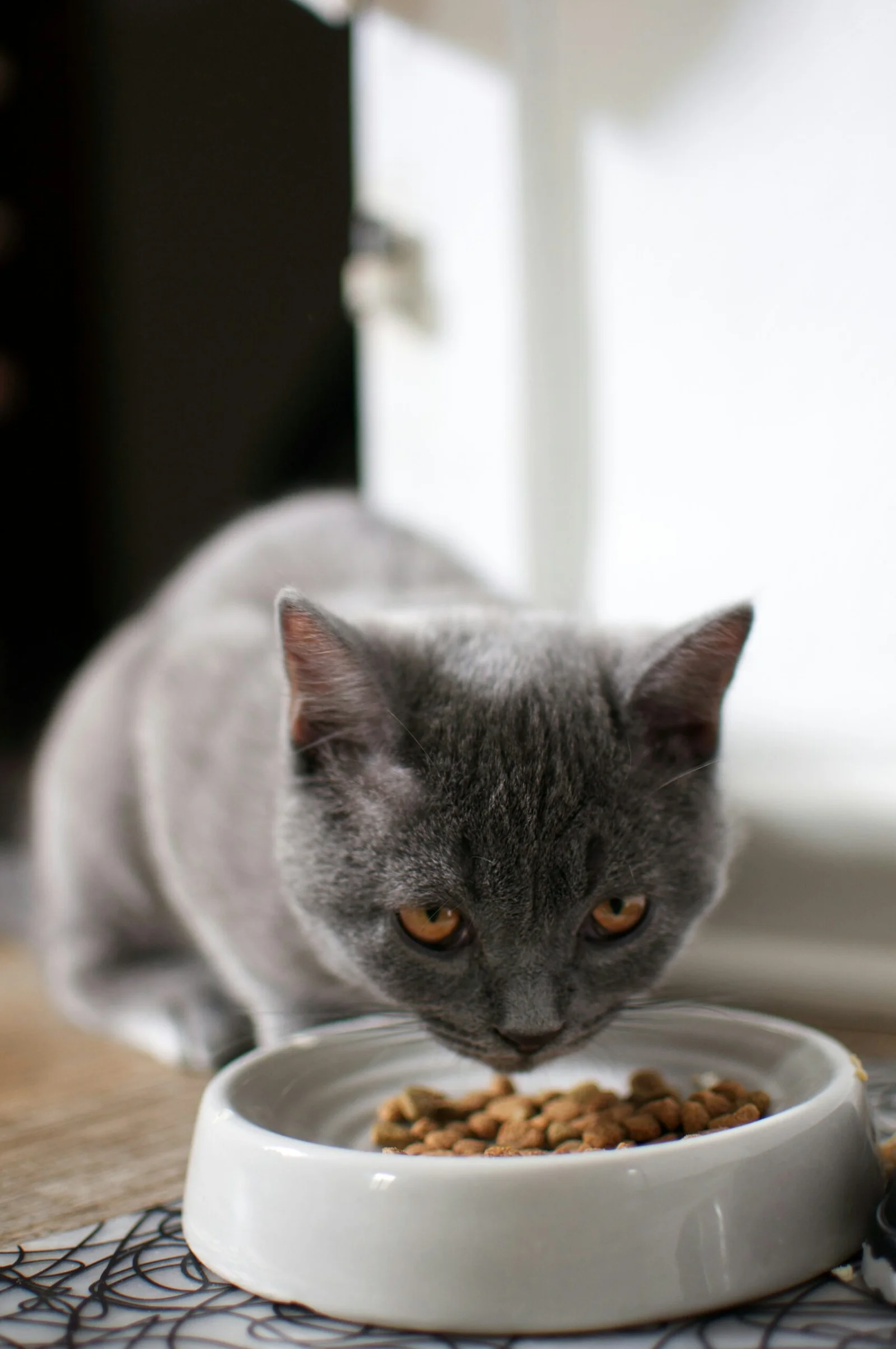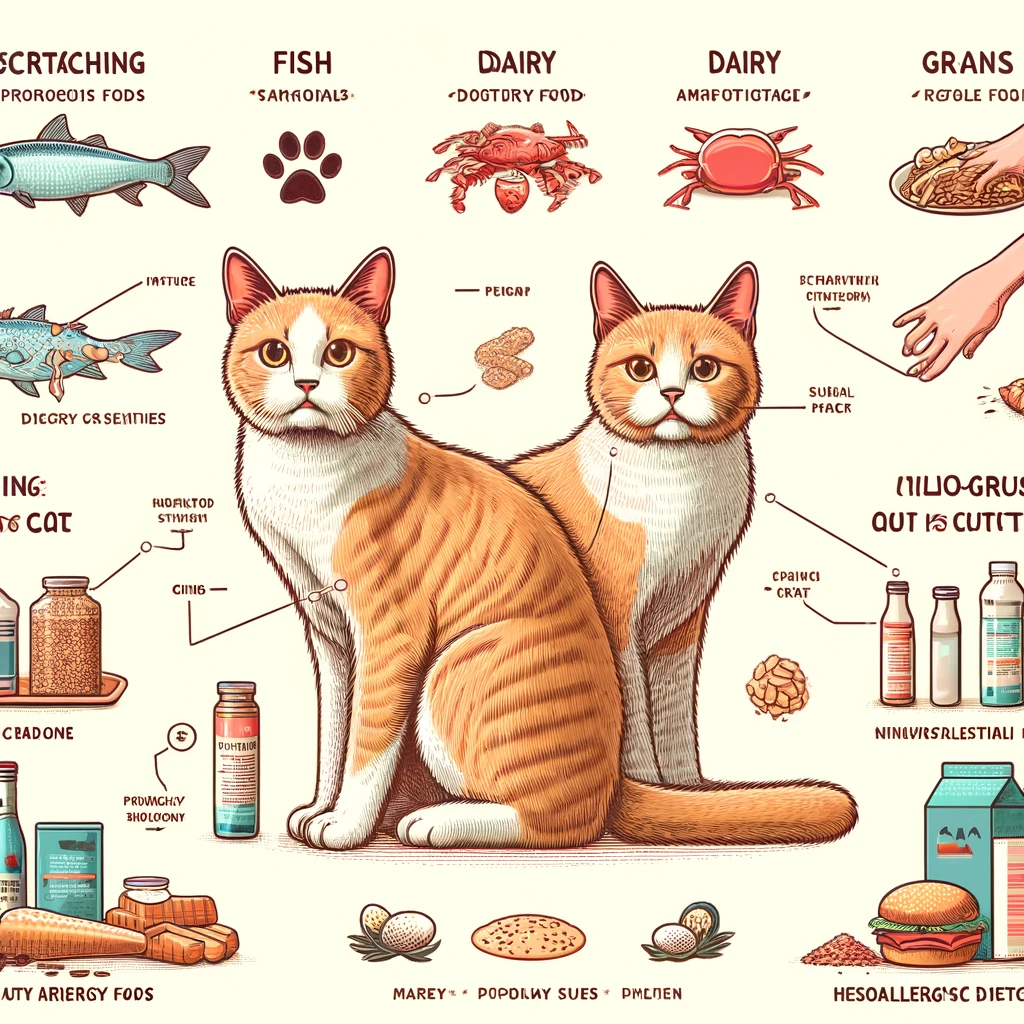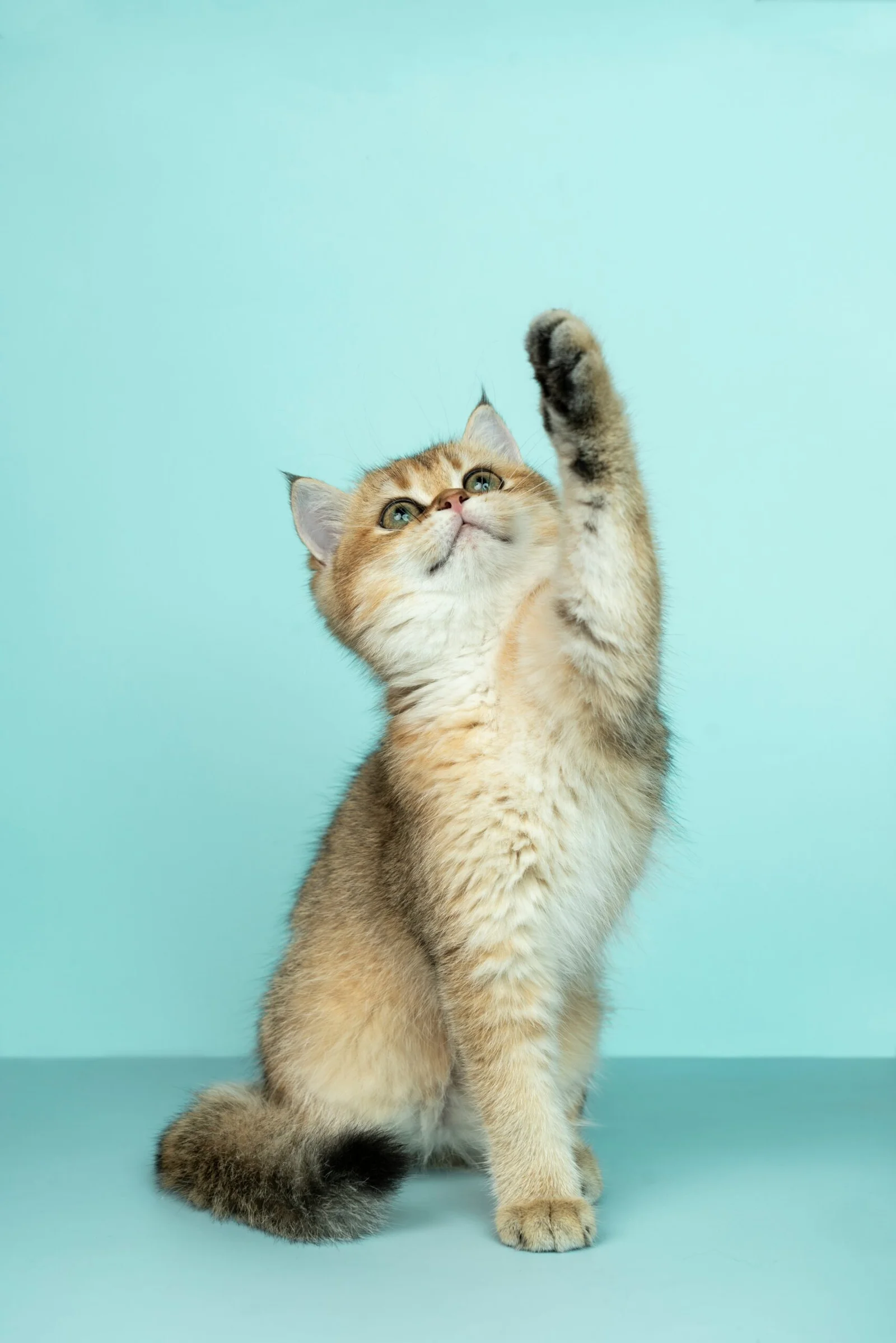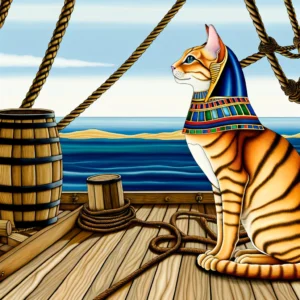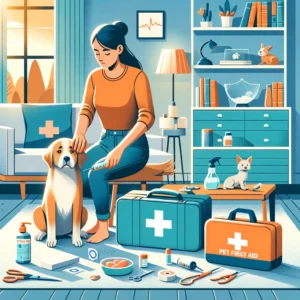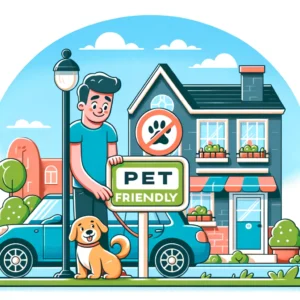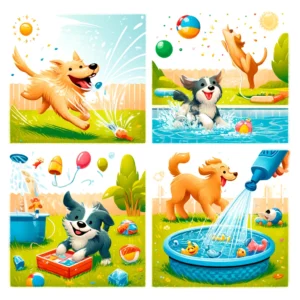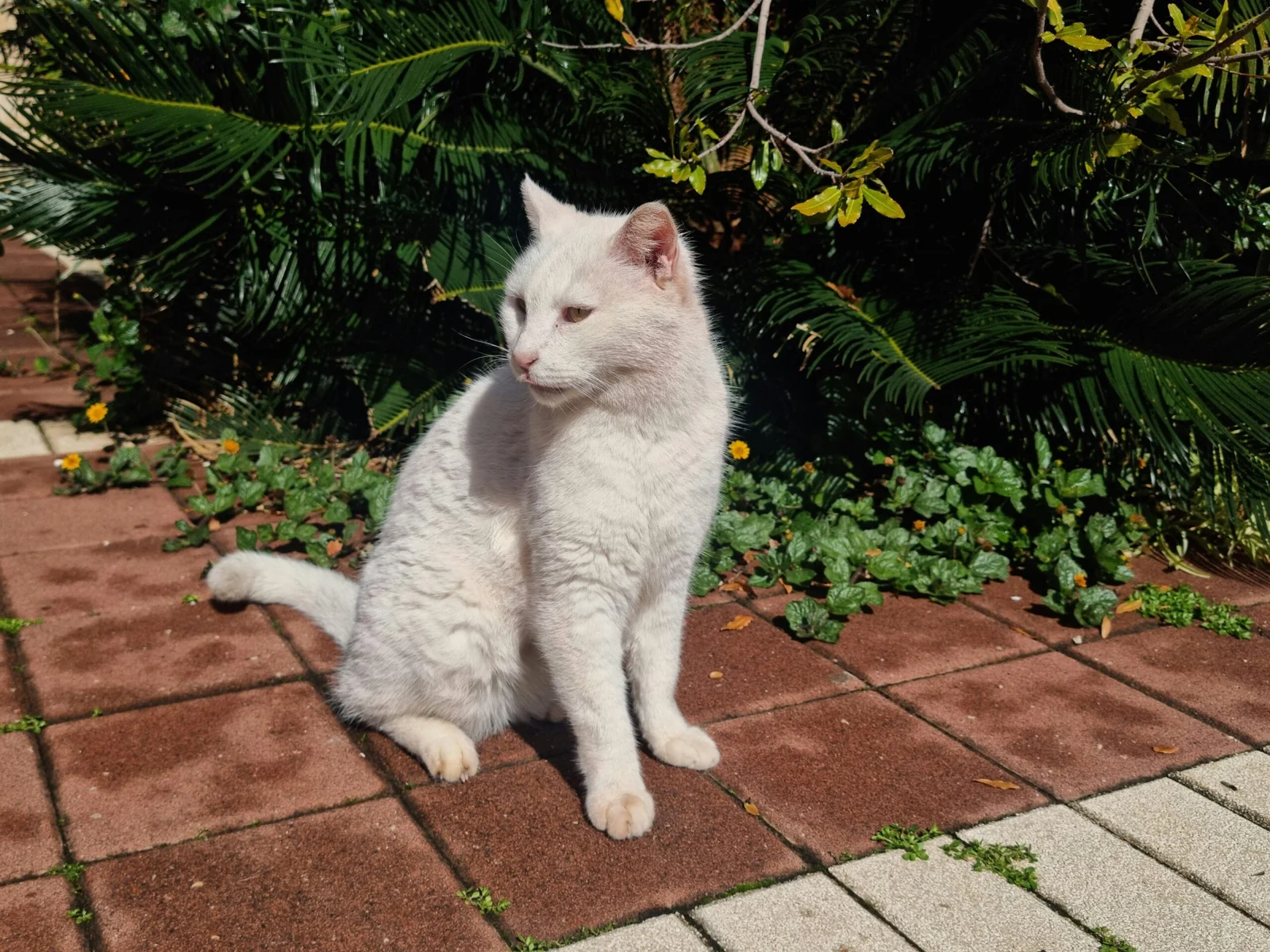Understanding Feline Nutrition: Vitamins and Minerals Your Cat Needs
Cats Understanding Feline Nutrition: Vitamins and Minerals Your Cat Needs
As a responsible cat owner, it’s important to understand the nutritional needs of your feline friend. Cats have specific dietary requirements that must be met to ensure their overall health and well-being. One crucial aspect of feline nutrition is the inclusion of essential vitamins and minerals in their diet. In this article, we will explore the importance of these nutrients and how you can ensure your cat is getting the right balance.
The Role of Vitamins in Your Cat’s Diet
Vitamins are organic compounds that play a vital role in various bodily functions. Just like humans, cats require certain vitamins to support their growth, development, and overall health. Here are some essential vitamins that your cat needs:
Vitamin A
Vitamin A is crucial for maintaining good vision, a healthy immune system, and proper growth. Cats are unable to convert beta-carotene from plants into vitamin A, so it’s important to provide them with animal-based sources such as liver or fish oil supplements.
Vitamin B Complex
The B vitamins, including B1, B2, B3, B5, B6, B7, B9, and B12, are essential for energy metabolism, brain function, and the production of red blood cells. A balanced diet that includes meat, fish, and whole grains can provide your cat with these important B vitamins.
Vitamin D
Vitamin D is necessary for the absorption of calcium and phosphorus, which are crucial for maintaining healthy bones and teeth. Cats can produce vitamin D through exposure to sunlight, but it’s also found in fish and liver.
Vitamin E
Vitamin E is an antioxidant that helps protect cells from damage. It also plays a role in immune function and the health of the skin and coat. Good sources of vitamin E for cats include fish, nuts, and seeds.
The Importance of Minerals in Your Cat’s Diet
Minerals are inorganic substances that are essential for various bodily functions. They are involved in bone development, nerve function, muscle contraction, and more. Here are some important minerals that your cat needs:
Calcium and Phosphorus
Calcium and phosphorus work together to support strong bones and teeth. These minerals can be found in meat, fish, and dairy products. It’s important to maintain the proper balance between these two minerals, as an imbalance can lead to skeletal issues.
Potassium
Potassium is necessary for nerve and muscle function, including the proper functioning of the heart. It can be found in meat, fish, and certain fruits and vegetables.
Magnesium
Magnesium is involved in many enzymatic reactions in the body and is important for maintaining normal muscle and nerve function. It can be found in meat, fish, and whole grains.
Iron
Iron is essential for the production of red blood cells and the transportation of oxygen throughout the body. Good sources of iron for cats include meat and fish.
Ensuring Your Cat Gets the Right Balance
Now that you understand the importance of vitamins and minerals in your cat’s diet, how can you ensure they are getting the right balance?
First and foremost, it’s crucial to provide your cat with a balanced and complete commercial cat food that meets the Association of American Feed Control Officials (AAFCO) standards. These foods are formulated to provide all the necessary nutrients, including vitamins and minerals, in the right proportions.
However, if you prefer to prepare homemade cat food, it’s important to consult with a veterinarian or a veterinary nutritionist to ensure you are providing the right balance of nutrients. Homemade diets can be challenging to formulate correctly, and deficiencies or excesses can have serious health consequences for your cat.
Additionally, it’s important to avoid giving your cat excessive amounts of certain vitamins and minerals, as this can also be harmful. For example, too much vitamin D can lead to toxicity, causing symptoms such as vomiting, loss of appetite, and kidney damage.
In conclusion, understanding feline nutrition is crucial for the health and well-being of your cat. By providing a balanced diet that includes the necessary vitamins and minerals, you can ensure your cat lives a long and healthy life. Remember to consult with your veterinarian for specific dietary recommendations tailored to your cat’s individual needs.
